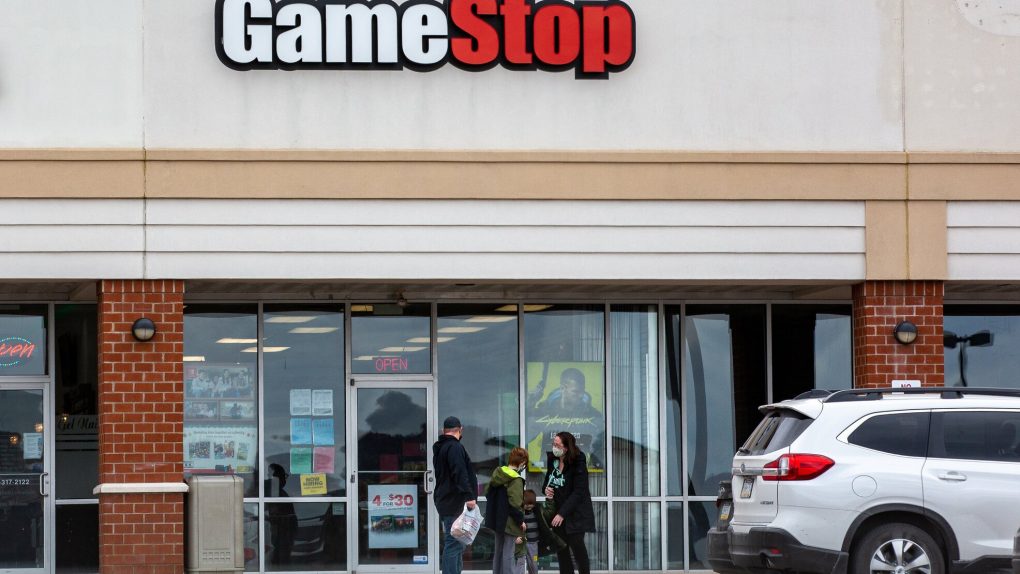- The Reddit-fueled rise of GameStop shares in January made many individual investors incredibly rich.
- Wall Street investors also took advantage of GameStop’s meteoric rise and its subsequent sharp decline.
- Many Wall Street firms actively monitor social media chatter on Reddit to stay abreast of what retail investors are up to.
Over the course of a few days in January, a somewhat obscure subreddit called r/WallStreetBets managed to increase the price of GameStop shares by more than 5000%. In the process, hedge funds with short positions on the company lost billions while one hedge fund in particular — Melvin Capital — almost went bankrupt. As GameStop shares began to march towards $500, Melvin Capital had to secure a $2.5 billion cash infusion from two other hedge funds to remain afloat.
The entire saga was fascinating to watch and didn’t elicit much sympathy for folks on Wall Street. Many people, after all, argued that what Redditors did was no different than what hedge funds have been doing for decades, namely manipulating the market for their own benefit, everyone else be damned.
While the entire ordeal has been portrayed as a David vs Goliath type of tale, the reality is that many big players on Wall Street still found ways to benefit from the rapid surge of GameStop’s share price. In other words, the message Redditors were hoping to send to the financial elite wasn’t exactly as emphatic as you might otherwise believe.
For starters, some financial firms decided to short GameStop shares when the stock was trading in the $400 range. Less than two weeks later, GameStop shares were trading below $50, netting these investors a windfall in profits. Additionally, some firms keeping a close eye on Reddit chatter noticed what was happening with GameStop and invested in the company as it rose from $20/share in early January to nearly $500 a share a few weeks later.
The Washington Post adds:
Giant mutual funds that own the largest stakes in GameStop saw the biggest gains in value. Hedge funds — some that have started using algorithms to track retail investors on social media sites — appear to have bought and sold millions of shares during the stock’s most volatile period of trading, industry experts said.
Instead of heralding a new wave of investor populism, the rise and fall of GameStop’s stock may end up reinforcing what professional investors have known for a long time: Wall Street is very good at making money, and more often than not, smaller investors lose out to wealthy traders and giant institutions.
While many individual investors managed to make millions with GameStop’s meteoric rise, other investors who came to the party too late have lost quite a bit. Consider this: a $5,000 investment in GameStop a few weeks ago is now worth $700.
So while some big hedge funds lost a lot of money, Wall Street as a whole didn’t suffer to the extent that some Redditors were hoping for. Further, it goes without saying that financial firms, on average, are more able to incur huge losses and recover than individual investors.
While some Redditors believe that Wall Street was completely caught off-guard by what happened with GameStop — and this is true to a certain extent — The Washington Post notes that many firms have been keeping an eye on social media as an informative tool for investing for quite some time.
But the rise in retail investors has also led some Wall Street firms to pay more attention to the mom-and-pop investors they used to ridicule. Hedge funds have started to build algorithms or hire outside firms that specialize in scanning conversations on Reddit and Twitter for clues about what retail traders are thinking. Several of these services, with names like Swaggy Stocks, Robintrack and Quiver Quantitative, popped up in the past two years.
All told, one thing remains clear: never invest in the stock market more than you’re willing to lose. Individual investors managed to give Wall Street a taste of its own medicine this time around, but the odds of it happening again will undoubtedly be slimmer going forward.







